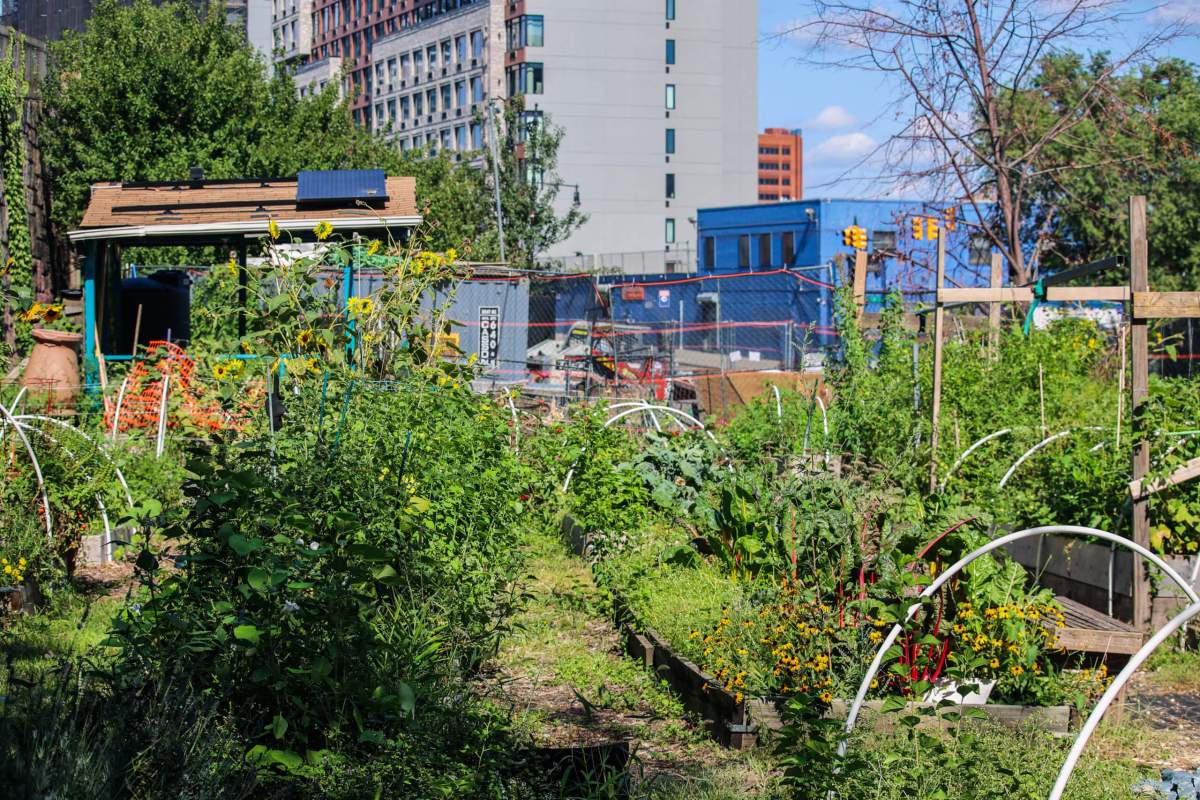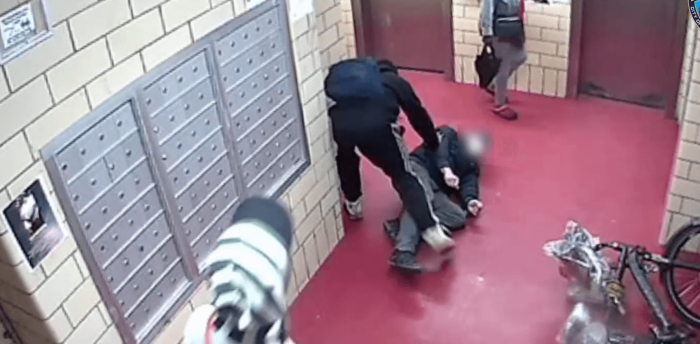Nestled in remnants of Port Morris’ industrial past and soundtracked by a fleet of Metro-North trains overhead, La Finca del Sur — Spanish for “the farm of the south” — has carved a much-needed urban agricultural impact in New York City’s hungriest community district.
The farm, tucked alongside a city block, is led by volunteers and women of color hoping to blend their agricultural heritage and renewed investment into a Port Morris community where half of its residents are below the federal poverty line.
As one of South Bronx’s few community greenspaces, La Finca del Sur is embarking on a challenge to reverse decades of environmental and economic neglect exacerbated by the pandemic.
“In 2020 … we had a handful of local families who were laid off from work whose children couldn’t go to school who are in multi-generational households sometimes and they came to the farm every day as if it were their work, as if it were their school,” said La Finca del Sur’s co-founder Nancy Ortiz. “That was their space. With all these luxury buildings cropping up all around us, our main concern is keeping this green space for education, health and food access for our underserved community.”
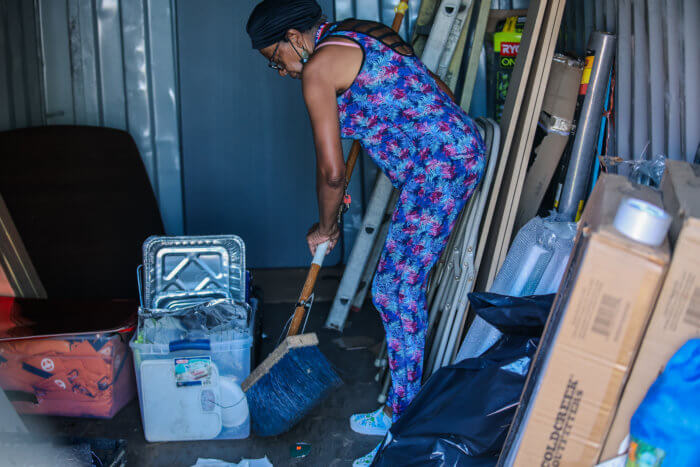
But since late-2019, the farm has had 25 break-ins where property theft has resulted in more than $10,000 in generators, solar panels and other farm essentials disappearing, Ortiz told the Bronx Times.
The latest break-in occurred on Sept. 12, after one of the biweekly farmstand events held by La Finca del Sur — a trend Ortiz has noticed as a pattern in subsequent incidents.
“It’s been these subsequent attacks every time there’s a market, every time there was like movements. So we know that somebody is watching what is happening at the farm. We don’t know if these are local people or not,” Ortiz said. “This area is changing and becoming more residential, and new people are coming in. But what about those of us who have been here and have been dealing with this feeling of neglect for decades.”
Particularly near their location on East 138th Grand Concourse, Ortiz says she’s seen Port Morris change before her eyes. Developers are banking on Port Morris’ clean waterfronts, new apartments and heightened train access to Manhattan via the Metro-North, as a selling point for people to flock to the area and provide an economic boon.
One of NYC’s last developable waterfront communities, investment in Mott Haven continues
Port Morris, a primarily industrial mixed-used section of the Bronx, has seen its once-historic warehouses and factories become flashy housing developments, and with recent zoning changes to increase commercial and residential activity in the area, residents wonder where they fit into Port Morris’ redeveloped and potentially gentrified future.
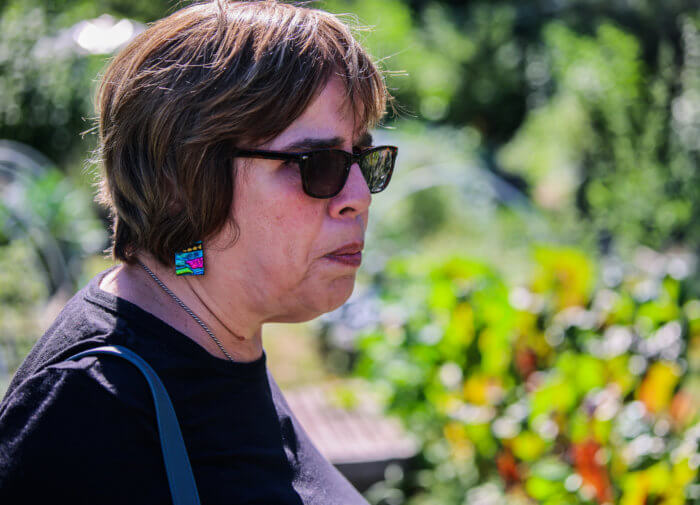
In the meantime, Port Morris residents say that the quality of life in the area includes a dearth of necessary services and is littered with systemic challenges such as disparate asthma rates increased by traffic congestion and food insecurity. Not just a food desert, Port Morris residents and business owners told the Bronx Times that theft has been an ongoing issue that has ballooned in recent years.
Property theft is classified by stolen items valued at $1,000 or more, including money, cars, antiques, clothing, etc. Some believe Port Morris’ proximity to the city’s highway system — Bruckner, Major Deegan and Cross Bronx expressways — makes theft opportunities ideal.
“I’ve seen people posting up in the street and waiting for someone to get (stole) on, cause it’s dark, and sometimes (it) feels like you’re the only person on the street,” said Port Morris resident Raheem Edwards, 32. “By the time the police come, they already gone. I don’t think this area has ever been a priority for the police.”
In 2019, the 40th Precinct which covers Port Morris, Melrose and Mott Haven was one of three Bronx precincts, including the 41st and 42nd, which were the focus of efforts by the NYPD to reduce crime.
The 40th Precinct has seen a 30% rise in crime over the past year however, with burglaries and robberies rising by 101% and 44%, respectively.
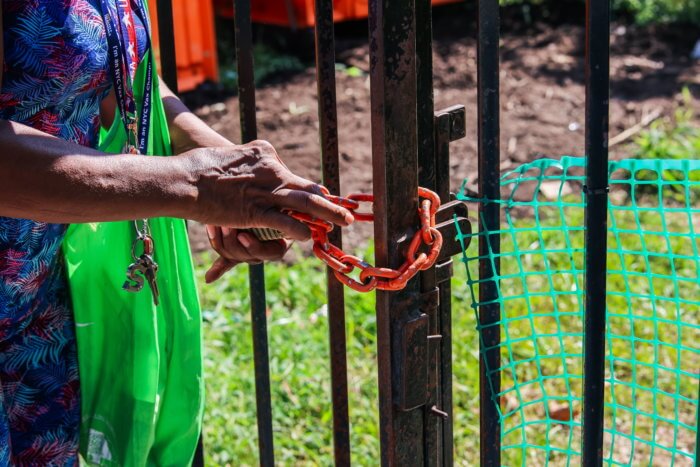
Ortiz says that an “overburdened” 40th Precinct has often responded to their calls about break-ins, at times, 2-3 hours after reporting. The NYPD’s average response time for non-critical situations, including non-injury related thefts citywide is 23 minutes.
In a 500-page report detailing slowing 911 response times, it cites increased traffic after pandemic restrictions eased, as a major hurdle in quicker response times. But Port Morris residents say, their response times to theft in the area have been persistent for decades.
Ortiz has found help from city agencies to repair fencing — that has been repeatedly used as an access point for the thefts — she’s noted a lack of anti-theft infrastructure the area such as poor lighting and lack of police patrol.
For Ortiz, the future of the farm can only increase with better security as well as more funding to compensate their farmers and volunteers.
Yearly funding for the farm comes from grants that the farm applies to, and it has been inconsistent for the 501(c)3 nonprofit. If Ortiz was to secure more funding and investment from city partners, she would like to have salaried positions including a part-time manager, who could physically be on-site.
“We are all expected to do this as members on a volunteer basis sporadically, but having one or two funded positions are central to continuing how we operate,” she said. “Those of us who are working daily have no compensation for this but we love what we do here. That makes a big difference, but I think especially the adult salaries and physical presence on the farm would go a long way to accomplishing what we want to do for this community.”

